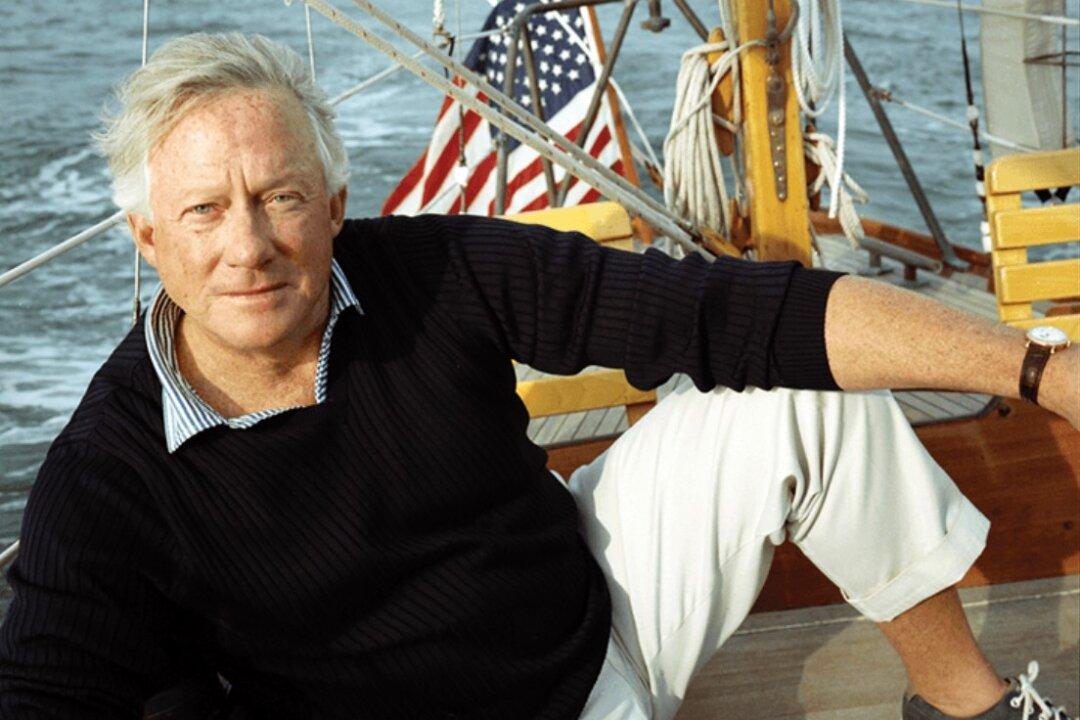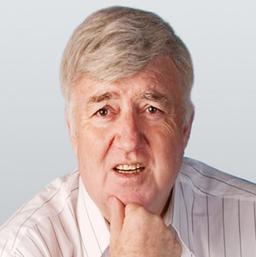It takes a great deal of writing and storytelling talent to author a novel that can keep the reader enthralled when the novel alternates between two very different stories. Few can pull it off well. Ted Bell is one of those very few.
In his latest release—“Dragonfire”—Bell vividly demonstrates this rare skill. You find yourself equally immersed in one tale that is occurring right now and another that happened eight decades ago. The earlier tale happens when China was an ardent U.S. ally, and the current one occurs with China an increasingly more brazen enemy of the United States.






